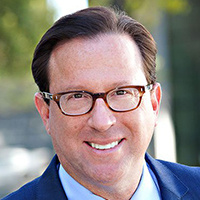 Blue Ridge DUI-DWI Lawyers, Texas
Blue Ridge DUI-DWI Lawyers, Texas
Sponsored Law Firm
-
 x
x

Click For More Info:
-
Law Offices Of Bruce C. Kaye
400 N. St. Paul St.1110 Dallas, TX 75201» view mapCriminal Defense Law Changing Lives, One Case At A Time
The best thing about running my own practice is the opportunity to give my clients the individual attention they deserve.
800-920-9461
Lawyers
1-3 of 3 matches




 Bruce Kaye Dallas, TX
Bruce Kaye Dallas, TX